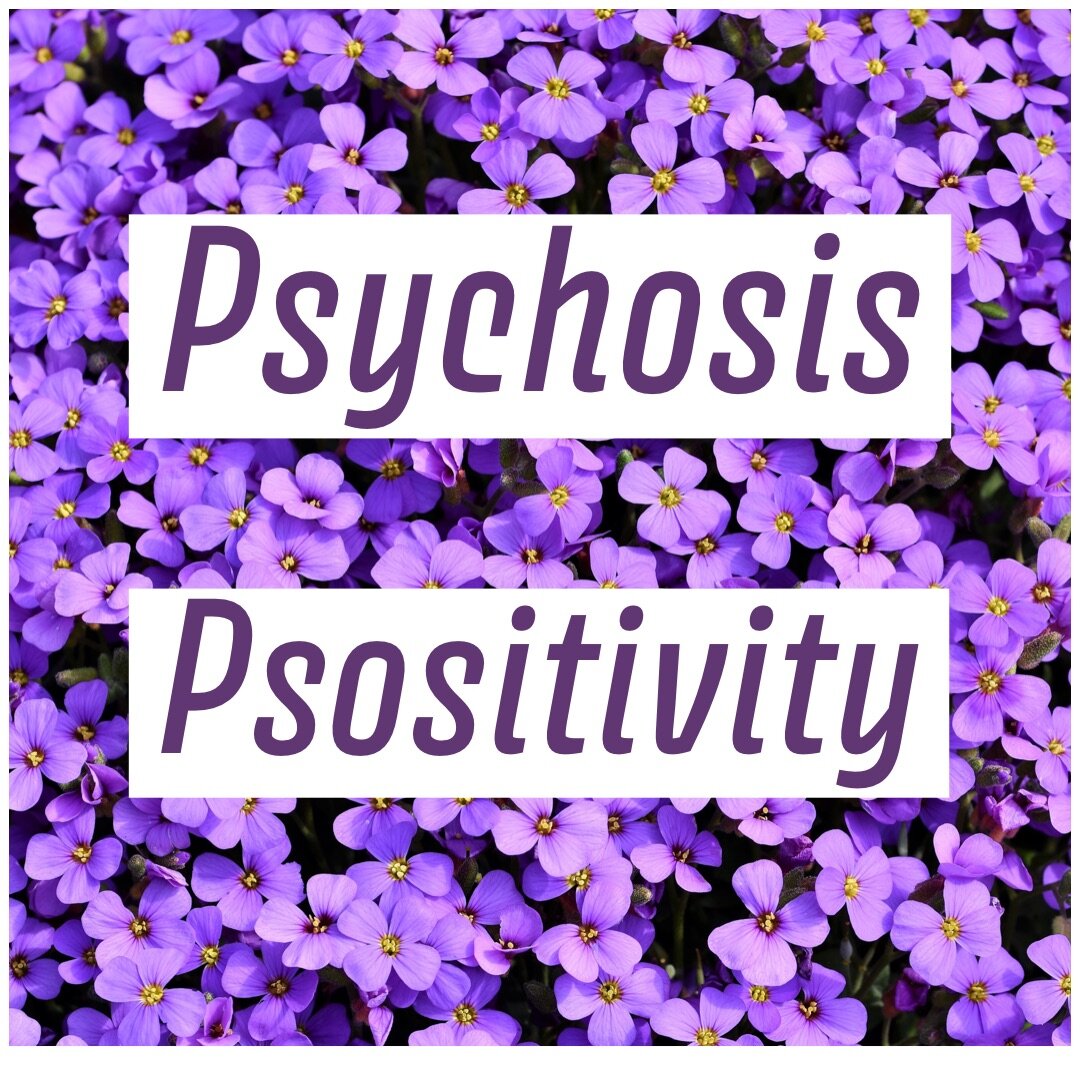The Feelings Behind Blunted Affect
They say I don’t show emotion Properly, as if there is such as thing as showing an emotion Properly.
They call my expressions “Flat”, my way of being is characterized as a disorder of “Deficit” or “Absence”.
Reams of writing spanning 3 centuries throw words like these around pondering the reasons why people like me cannot seem communicate the way the doctors observing us want us to communicate. Why we use too few words, why there seem to be no emotion behind them, why we don’t react with “appropriate” emotion to events—a Disorder of Absence, of Deficit. Since its inception as Dementia Praecox, Schizophrenia has been conceptualized as a condition of Loss, of Emptiness, of Breaking Down.
I don’t think I am Absent, I think maybe they just don’t know how to look. Neurodivergent people struggling to read Neurotypical people’s body language and emotions is considered a Communication Deficit, but when the places are flipped, it’s somehow still us that are the problem! It’s not, in my experience, that Schizophrenic people do not communicate our emotions, but that we communicate them differently (often more subtly), then do non-Psychotics.
I do not tend to make big facial expressions. Most of my emotion is communicated by subtle eye movements, which are easy for other people to miss. I do not smile or frown much naturally, and must often force myself to do so in order to communicate with those around me. I have developed a very convincing fake smile, but I must remember to actually use it. It can be challenging for me to display Happiness, because my natural expression of Happiness is to widen my eyes and tilt my head, which is usually what I do upon first hearing good news. I then have to go into the fake smile. It is not unusual for people to think I am angry when I am actually Happy or merely pensive, because when I am thinking more heavily I purse my lips and it looks like a frown to them. I’ll show that I am Comfortable & Content by sitting and wiggling side-to-side. Anxiety I often show by looking at the ground by only moving my eyes, not my head with it.
Even if my general demeanor feels colder or more “Robotic”, I show how I feel towards other people in larger gestures. I write Thank-You notes/E-mails. I will give people small presents or cover coffee orders as a friendship progresses. I tell people what they mean to me verbally; I am not one to hold back on the “I Love You”’s. I tend to rely on more explicit communication in general—I want verbal confirmation or instructions for pretty much everything. I do not like it when people try to “Drop Hints” or the like.
I am Schizophrenic, and no, I do not communicate in the same way a non-Psychotic person would, but why should I? I have a brain that has developed very differently than the average person’s, with significant differences in aspects of my Neurobiology. Additionally, the experiences that lead to and happened because of that altered development also shaped how I communicate. My Schizophrenia did not occur in a vacuum, it occurred because of complex Genetic, Social, & Environmental causes interacting. The way I communicate is not a “Deficit”, it is a complex response to a complex situation.
Schizophrenia has both Socially Disabling & Inherently Disabling traits. “Socially Disabling” are what I call traits that can be accommodated or are only Disabling because of other’s ignorance. “Inherently Disabling” traits cannot be made non-issues by accommodations and interfere with basic life tasks. “Blunted Affect” is a Social Disability, it is Disabling because other people do not know how to interact with us & accommodate us. This is different from Alogia, or Poverty of Speech, which can Inherently Disabling as it can prevent us from communicating at all. While there will always be aspects of Schizophrenia that are Inherently Disabling, there are areas where Education & Acceptance can go miles in making our lives easier & more tolerable. Non-Psychotics understanding that Schizophrenics, while not as outwardly expressive as most other people, do still have emotions and do still express them in our own way, is important and can help many people’s relationships. Why should only we be making the efforts to communicate across Neurotypes? Everyone should learn about these things, as it is inevitable one will run into people with a variety of Neurotypes in their life; this sort of education should honestly be considered a basic social grace or Networking skill.
Further Reading, For Context:
Cohen, A. S., Mitchell, K. R., & Elvevåg, B. (2014). What do we really know about blunted vocal affect and alogia? A meta-analysis of objective assessments. Schizophrenia research, 159(2-3), 533–538. https://doi.org/10.1016/j.schres.2014.09.013
Falkai, P., Rossner, M. J., Schulze, T. G., Hasan, A., Brzózka, M. M., Malchow, B., Honer, W. G., & Schmitt, A. (2015). Kraepelin revisited: schizophrenia from degeneration to failed regeneration. Molecular psychiatry, 20(6), 671–676. https://doi.org/10.1038/mp.2015.35
Kahn, R. S. (2013). Why Kraepelin Was Right: Schizophrenia as a Cognitive Disorder. In S. M. Silverstein (Eds.) et. al., Schizophrenia: Evolution and Synthesis. MIT Press.
Kendler K. S. (2021). Kraepelin's Final Views on Dementia Praecox. Schizophrenia bulletin, 47(3), 635–643. https://doi.org/10.1093/schbul/sbaa177
I Look Forward To Reading Your Comments On The Instagram Post For This Essay! @PsychosisPsositivity
